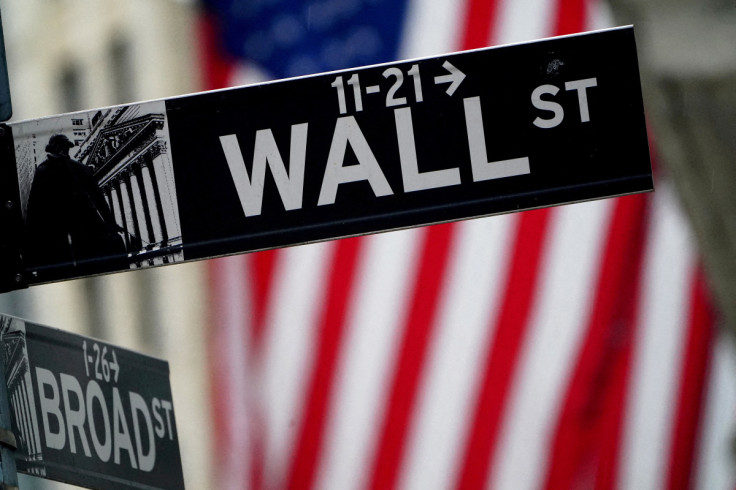Wall Street Cheers The Cooling Of The US Economy, Shakes off Weak Earnings
Wall Street cheered new data that showed the U.S economy is slowing down, shaking off weak earnings from tech giants, and ending the week higher.
The S&P 500 gained 2.1% for the week, the Dow Jones Industrials climbed 4.3%, and the tech-heavy Nasdaq edged up 1.3%.
Traders and investors were caught between two trends emerging during the week. On the one side were weak earnings from tech giants like Alphabet, Amazon, Meta, and Microsoft, prompting a sell-off in the tech-heavy Nasdaq.
On the other side was new data released early in the week showing that the U.S economy is slowing down, like the August home price index by the Federal Housing Agency, indicating that the hot property sector is beginning to cool off.
And the October Consumer Confidence Index by the Conference Board came below market expectations, indicating that the consumer sector, the largest sector of the economy, is cooling off, too.
While bad news on the economy is usually bad news for Wall Street, that isn't the case this time around, as Angelo Kourkafas, CFA and Investment Strategist at Edward Jones explained.
"Bad news for the economy has been interpreted recently as good news for the markets on growing hopes for a Fed slowdown," he told International Business Times in an email. "The inverse relationship between bond yields and equity market valuations has been on full display this year as the 10-yield has jumped to the highest level since 2007. But this rally in yields and selloff in bonds appears stretched, especially considering that the narrative of hawkish central banks is not new. "
The string of economic news continued to the end of the week when the U.S Bureau of Economic Analysis (BEA) released the third-quarter GDP, showing that while the economy is growing at a slow pace, it isn't not heading into a recession.
Then there was the release of personal income and personal spending, which also confirmed the slowing of the U.S economy but not an impending recession.
Moreover, there was data showing that inflation is moderating. For instance, the core price index for personal consumption expenditures, which excludes food and energy, rose by an annualized 4.5% in the third quarter of 2022, down from 4.7% gain in the previous quarter.
A slowing economy and moderating economy raised hopes among traders and investors that the U.S economy is heading into a "soft landing," an ideal environment for equities.
"A slowing economy implies a less tight labor market, slower wage growth and eventually moderating inflation," explained Kourkafas. "As investors get more confident that inflation will soften, Fed rate expectations and yields could stabilize, helping support sentiment and restrain the decline in valuations."
While painful for asset prices, he thinks that most of the pain of higher interest rates is likely behind Wall Street and an upcoming pause in policy rates will be imminent, provided a pattern of lower inflation is established.
"Yet, we are starting to see a measured shift in underlying data that could give central banks some comfort to gradually slow their pace of tightening over the next six months," Kourkafas added.

© Copyright IBTimes 2024. All rights reserved.



















